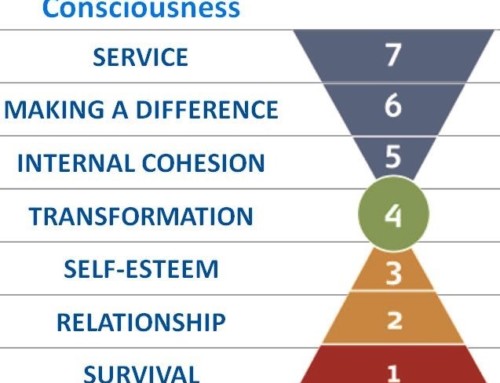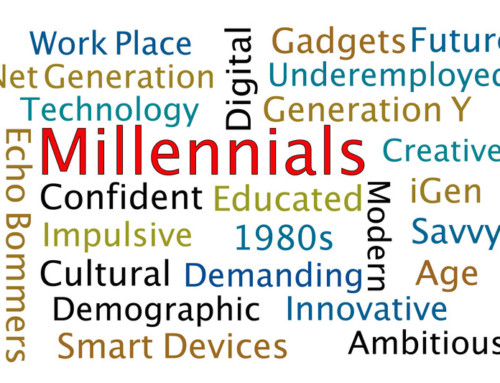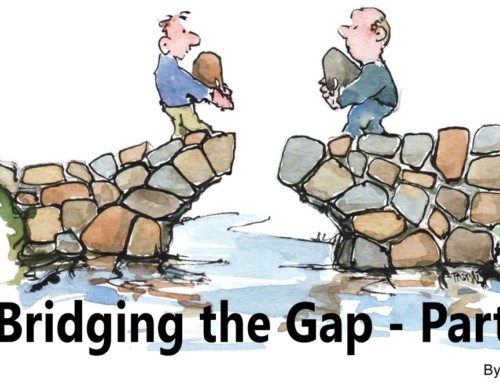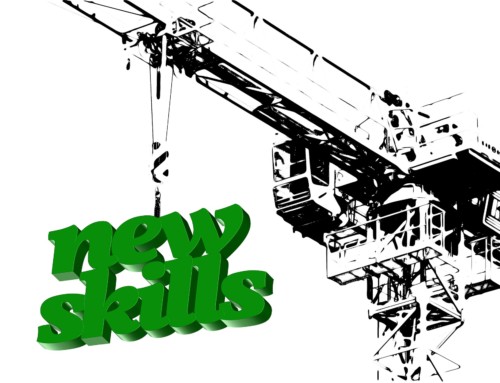Career conversations are more challenging than the typical coaching conversations managers are asked to have with their employees. There are three inter-related challenges to overcome:
- Higher stakes
- Broader issues
- Mixing coaching with other types of feedback
Let’s examine each of these challenges and how to overcome them.
Higher Stakes: Employee Engagement and Retention
Career coaching done well helps employees find meaning in their work, a critical factor if you want to retain your best employees. Doing this well requires that you understand what is important to each employee. What are their values and how do they get to express them in the workplace? What are their strengths and how do they get to apply them in their day-to-day activities? How does their current role help develop and prepare them for their next level career aspiration?
To understand how important this is, consider this recent research finding:
97% of people whose supervisors ignore their ongoing development are either not engaged or actively disengaged.
(Source: Gallup)
Understanding what brings meaning to work for each employee and developing them so they can achieve their career aspirations is critical if you want to keep employees engaged and highly productive. Developing employees by discussing how their role fits their values, purpose, strengths and aspirations is an essential skill for 21st century leaders.
 Broader Issues: The Intersection of Role, Business Goals, Strengths and Career Aspirations
Broader Issues: The Intersection of Role, Business Goals, Strengths and Career Aspirations
Not only are the stakes higher, the issues are much broader and more complex. Most leaders think of coaching as helping their people solve day-to-day business problems, and that is indeed the core application of coaching. However, as you can see, career coaching sits at the intersection of the employee’s role, the business and team needs, the employee’s strengths and values, and their career aspirations.
This conversation is much more complex than coaching an employee on how to handle a difficult customer or co-worker issue. To succeed, leaders need to balance their understanding of what is important to the employee with the goals and needs of the business and the role they were hired to fulfill.
Mixing Coaching With Other Types of Feedback
Career coaching conversations require multiple leadership approaches- not just coaching. This is another challenge to doing these conversations well. There are four critical “feedback” components to most career conversations:
- Appreciation/Recognition
- Evaluation
- Coaching
- Mentoring
Clearly separating and delivering each kind of feedback will help support the coachee in reaching their developmental goals. As you look at the 4 different types of feedback and reflect on how to best develop people, when would you use each of the 4 types of feedback during a career conversation?
Most people begin with appreciation and recognition of what the employee has done well: reviewing their most recent business achievements and successes. Few employees say they get too much recognition for their work, so starting here is a good idea. But you must also provide evaluation and developmental feedback.
Evaluation helps people know where they stand. This type of feedback must be honest and address any areas of concern, and of course, areas of development. Moving into this part of the conversation should be transparent and managers must be unafraid to address weaknesses and behaviors that are holding the employee back.
When recognition and evaluation have been discussed, it is time to move into coaching and mentoring the employee to develop their strengths and excel in their work and their career aspiration. This is where coaching is the dominant skill to rely upon, sprinkled with some well placed mentoring and advice.
Finishing On a Positive Plan for the Future
Most managers fall down during the coaching for development part of the conversation. They either rely too much on advice-giving or shy away from the deeper conversation around how the employee can find more meaning in their work, more application of their strengths, and more ownership over their own career path. This part of the conversation, a delicate mix of coaching and mentoring, is what separate leaders who excel and managers who struggle at holding career conversations that leave the employee energized and engaged.
Maintaining awareness of how and when you shift between these very different types of feedback helps keep your coachees engaged and maximizes the developmental impact of these high stakes conversations.






Leave A Comment
You must be logged in to post a comment.